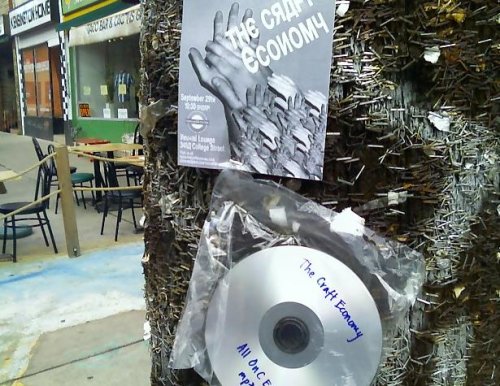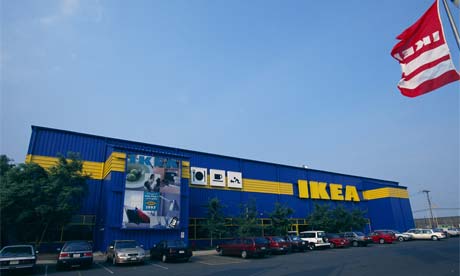An article in Le Monde argues that the spectacle of victimhood in campaigns such as Make Poverty History distracts us from the real political issues:
Like Erner, Caroline Eliacheff and Daniel Soulez-Larivière (2) attribute the unprecedented prestige and credibility accorded to victims to the transformation of politics into spectacle. But they also relate it to the end of the cold war: it feels safer, they suggest, to sympathise with the victims of a catastrophe than to engage politically in a complex world. In Erner’s view: “With Marxism dead, all we can do is sanctify victims.”
Mona Chollet 'Recognition or sanctification? Victimhood’s hidden agenda' mondediplo.com/2007/10/12victimhood (9/10/2007)



 Ikea has found an indelible place as a resource for objects to bring order to our messy homes. Now emerges the prospect of Ikea becoming a home in itself:
Ikea has found an indelible place as a resource for objects to bring order to our messy homes. Now emerges the prospect of Ikea becoming a home in itself:
 David Byrne reflects on the increasing tendency for design to move away from the sterility of 'good taste' by seeking out the ugly, like East German design:
David Byrne reflects on the increasing tendency for design to move away from the sterility of 'good taste' by seeking out the ugly, like East German design: